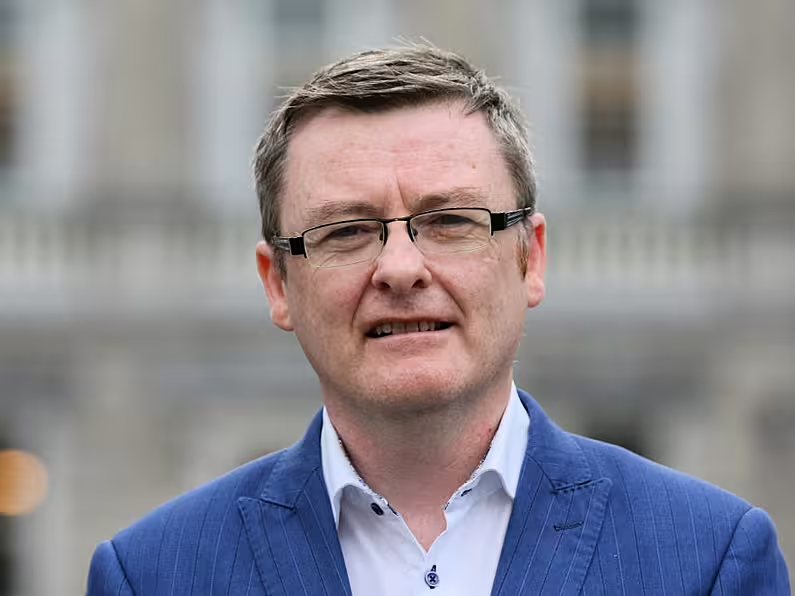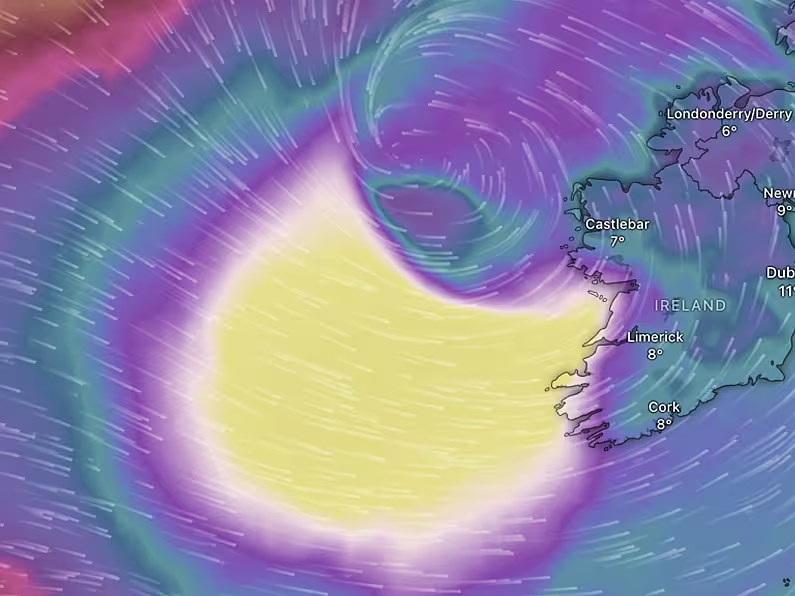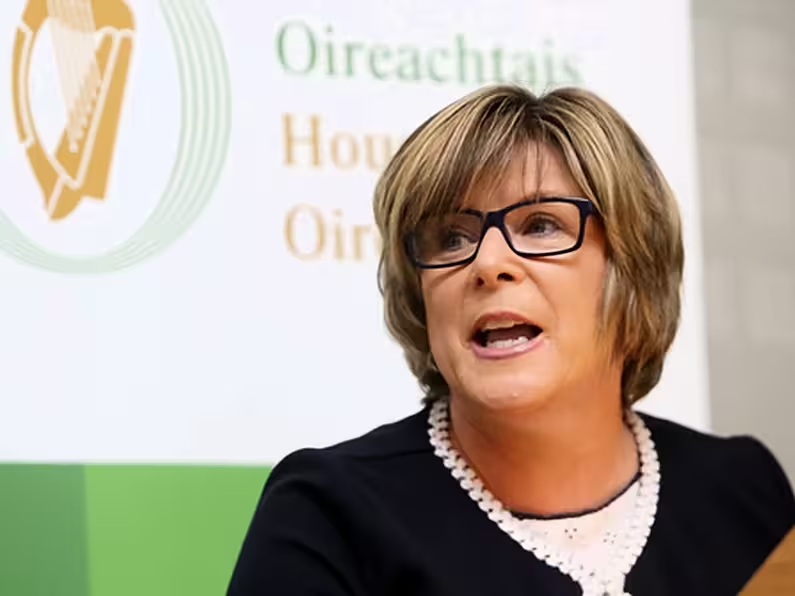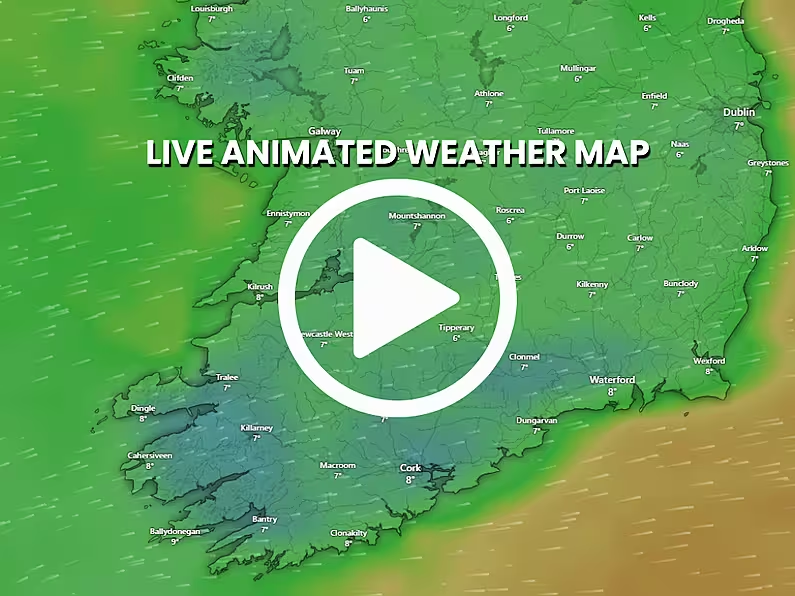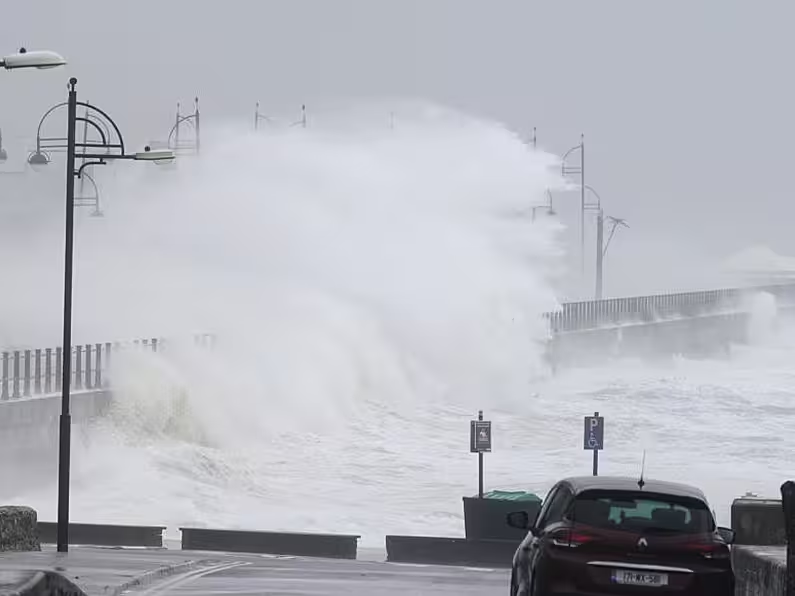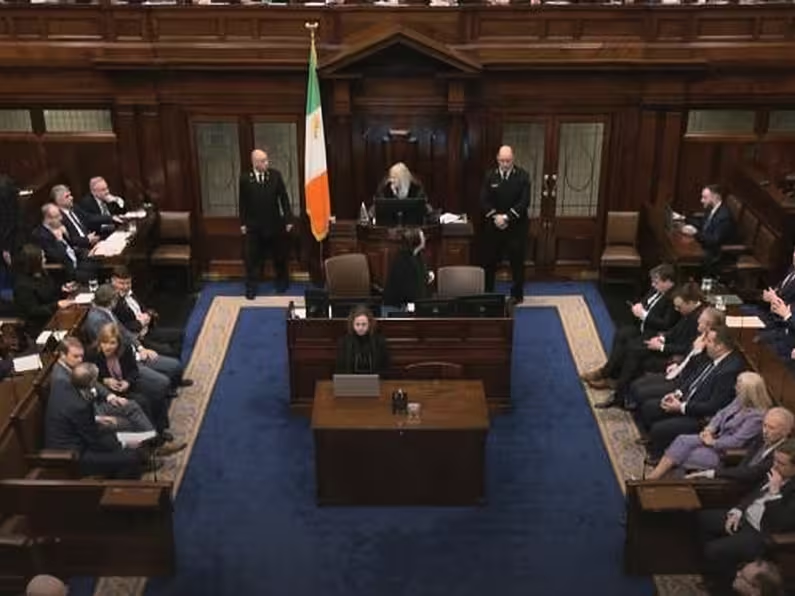The Government is finalising a new reopening roadmap, charting Ireland’s course through the pandemic for the coming months.
The Taoiseach has said September will be a “significant month”, with the country’s next steps expected to be officially approved on Tuesday.
Here is everything we know about the plans.
What will the next stage of reopening involve?
The next stage of reopening is expected to see the majority of remaining restrictions lift, including:
- A return to offices for workers;
- The resumption of Confirmations and Communions;
- A phased easing of restrictions on the number of people that can attend outdoor events, such as concerts and horse racing;
- The return of the live music and entertainment sector, with increased capacity at the likes of indoor theatre performances.
The Minister for Transport, Eamon Ryan, confirmed today that public transport will also return to full capacity next week to accommodate upcoming returns to schools, colleges and offices.
Has the Government indicated reopening dates?
There will be a “gradual, phased” reopening throughout September and October, according to Minister Eamon Ryan.
The week beginning September 20th is expected to be a key date for further reopening, Taoiseach Micheál Martin indicated ahead of the weekend.
The Government expects that 90 per cent of the adult population will be fully vaccinated against Covid-19 as soon as September 6th. This means September 20th would be the indicative date for most reopenings, providing a two-week buffer period for vaccines to take effect.
Is this reopening plan set in stone?
Not quite yet. The Cabinet Covid-19 sub-committee met for around four hours on Friday to develop the current plan.
The group will hold another meeting on Monday to finalise details and timelines, before the plan is presented to a full Cabinet meeting for approval on Tuesday.
Could the reopening be delayed?
Although Nphet has told the Government that more than 90 per cent of people over the age of 16 should be fully vaccinated before the next easing of restrictions is considered, Minister for Health Stephen Donnelly said vaccination rates are already “incredibly high”.
“I don’t think we need to get up on a particular figure, be it 90 per cent, 87 per cent, 93 per cent. We’re getting there or thereabouts anyway,” he said on Friday.
However, Taoiseach Micheál Martin said Ireland is heading into a “a new era” of managing Covid-19, with the disease having had many “twists and turns” which could yet again come into play.
He added that the Government remained concerned about the impact of the Delta variant.
What about Electric Picnic?
The Government has said it will be consulting with the organisers of the Electric Picnic music and arts festival over the weekend.
Culture Minister Catherine Martin has said she is exploring “all possible options” for the holding of the event.
Last week, Laois County Council said it could not revisit or reconsider its decision to refuse a licence for the festival to be held this year.
It came as a blow to organisers, after chief medical officer Dr Tony Holohan said he would have no concerns about the event taking place with only fully-vaccinated people in attendance.
On Sunday, Minister Eamon Ryan said the matter was “complicated because of planning” and a solution had not yet been reached.
And what about the future of Nphet?
The role of the National Public Health Emergency Team (Nphet) will be examined as the Covid-19 pandemic enters a “new era” in Ireland, the Taoiseach said on Saturday.
Amid reports that Nphet may disband next month, Micheál Martin said that public health advice “will always be central to the Government approach to Covid-19” but that it is looking at how best to “transition into normalcy in terms of how Government works.”
“From my perspective as a former minister for health, public health advice is critical and the chief medical officer leads that and will continue to lead that,” he said.





